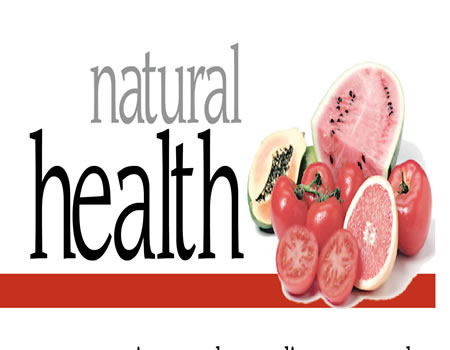Post-stroke cognitive impairment (PSCI) is frequently found following a stroke. More than 70% of stroke survivors suffered from PSCI of various severities, ranging from mild to severe impairment, within the first year.
This impairment disturbs daily life activities, cognition, and executive functions, which in turn worsens the quality of life. It is also recognised as an important burden that retards rehabilitation for performing activities of daily living.

Currently, no drugs have been approved as the gold standard drug for the treatment of PSCI. The most commonly used drugs are those used for treating other types of cognitive impairment.
As such, in a new study, experts in Thailand suggested a novel supplement consisting of rice, silkworm pupae, and a mixture of ginger and holy basil is a potential candidate for combating PSCI following exposure to stroke plus stress.
The supplement given as an orodispersion film from rice polymer loaded with silkworm pupae and the combined extract of ginger and holy basil improved both spatial and non-spatial memory in rats subjected to stress and stroke, demonstrating a cognitive-enhancing effect.
An orodispersible film is an orally soluble, thin-film sheet that contains drugs or supplement substances. Owing to its rapid dissolvability, it can deliver an accurate amount of the active ingredient in the mouth and can easily be used because of its increased acceptability due to its ability to mask the undesired flavour of the active substance.
In the journal, Nutrients, the novel supplement was also reported to decrease stress hormones such as corticosterone in the blood. Therefore, it may provide beneficial effects against stress-related disorders.
One of the most common problems after a stroke attack is difficulty in swallowing. It is a problem in approximately 50 percent of stroke survivors. Therefore, a medication form like the orodispersion film that does not need to be chewed or swallowed to ingest is the best option.
Currently, the coexistence of stroke and stress is increasing due to the rising trends of exposure to both stroke and stress. As such, the prevalence of cognitive impairment following exposure to stroke under stress conditions is expected to continually rise and produce a significant negative impact in terms of socioeconomic burdens worldwide.
Ginger and holy basil (scent leaf) are known for their anti-paralytic action, while the silkworm pupae protein, an insect protein commonly consumed in the North-Eastern region of Thailand, is rich in branched-chain amino acids, which are essential for the restorative process following stroke.
For the study, male Wistar rats were used to investigate the effects of the novel supplement (JP1) combining rice, silkworm pupae, ginger, and holy basil, with various doses administered before and after inducing stress and stroke in these rats.
Spatial and non-spatial memory and the possible underlying mechanisms were also explored, looking at their direct effect on the brain area involving memory and learning function, such as the hippocampus and prefrontal cortex.
The combined extract of ginger and holy basil in JP1 has ginger extract as its main ingredient, so it should contain a high concentration of gingerol, the main ingredient in ginger extract.
From the findings in the animal study, they suggested that the novel supplement mitigates stroke severity under stress conditions, which produces more severe brain damage and dysfunction than stroke alone.
In addition, it can also improve brain damage and brain dysfunction in ischaemic stroke in combination with stress by decreasing oxidative stress, apoptosis (death of brain cells), and inflammation.
The available drugs on the market, such as piracetam, prevent and attenuate PSCI but can also produce side effects such as anxiety, depression, insomnia, and irritability. In addition, the daily dose is high, around 2400 to 4800 mg, which increases the risk of damaging the kidney.
However, the researchers said more work still needs to be done to understand the precise active ingredient and the mechanism of action of the novel supplement, which consists of rice, silkworm pupae, and a mixture of ginger and holy basil.
Equally, the ingestion of ginger has gained attention as a potential treatment for alleviating symptoms of Alzheimer’s disease, which is the most common form of dementia.
In molecular neurobiology, ingestion of ginger extract significantly reduced brain cell death and the protein build-up in the brain to disrupt brain cell function and contribute to Alzheimer’s disease. These physiological changes improved learning and memory task performance in rats treated with ginger compared with the disease group.
They declared that the animal study provided compelling evidence for ginger’s beneficial effects on the gut-brain axis, leading to improvements in learning and memory through the reduction of neuroinflammation in Alzheimer’s disease.
READ ALSO: Hypertension accounts for 13.2% of heart attacks, 24.6% of strokes in Nigeria —Study







